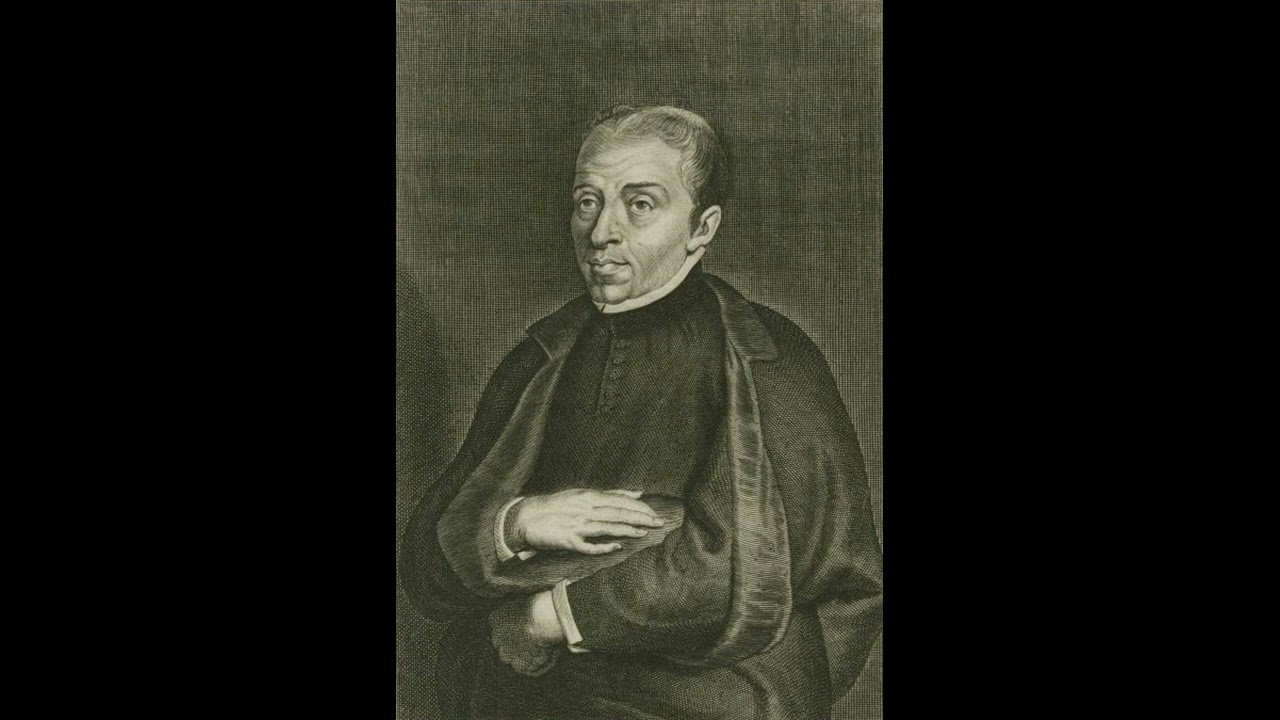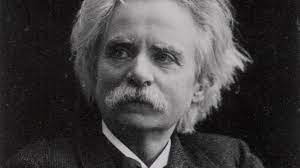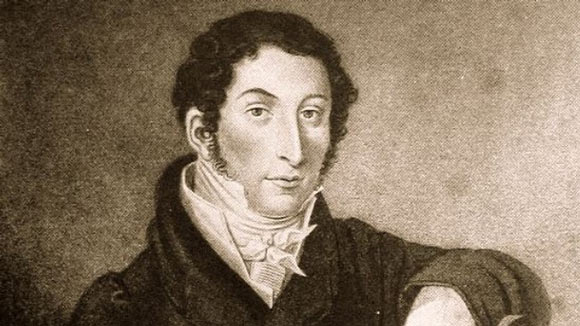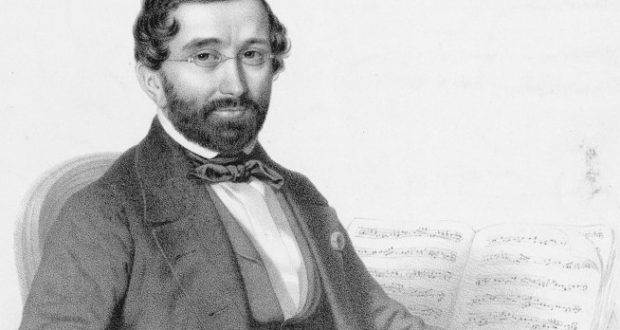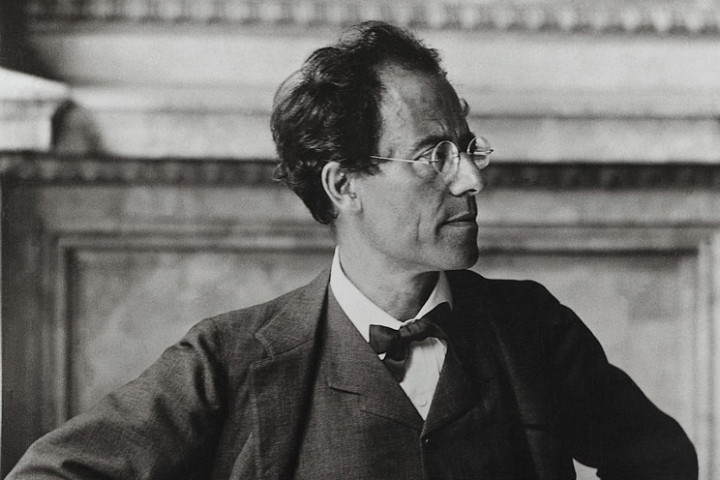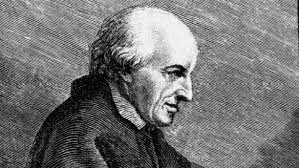Edvard Hagerup Grieg, the renowned Norwegian composer, remains one of the most celebrated figures in classical music history. Born on June 15, 1843, in Bergen, Norway, Grieg displayed his musical talents from a young age. His mother, Gesine Judith Grieg, recognized his potential and encouraged his musical education.
Grieg's early musical training began when he was just six years old, learning the piano from his mother. His formal education in music started at the age of 15 when he entered the Leipzig Conservatory in Germany. It was here that he honed his skills in composition under the guidance of renowned composers such as Ignaz Moscheles and Carl Reinecke.
Carl Maria von Weber (1786–1826) was a German composer, conductor, and pianist who played a crucial role in the transition from the Classical to the Romantic era of Western classical music. Here are 10 interesting facts about this influential composer:
Weber showed prodigious musical talent from an early age. He began studying piano with his father at the age of six and later received lessons from prominent musicians like Michael Haydn and Abbé Vogler.
Adolphe Adam (1803–1856) was a French composer and music critic best known for his contributions to the world of ballet and opera. Born on July 24, 1803, in Paris, France, Adam displayed an early aptitude for music, studying piano and composition at the Paris Conservatoire under the guidance of esteemed teachers such as François-Adrien Boieldieu.
Adam's career took a significant turn when he embraced the genre of ballet. In 1829, he achieved success with his ballet "La filleule des fées," which marked the beginning of his association with the renowned Paris Opéra. His talents in composing for the ballet genre flourished, and he went on to create numerous works, including "Giselle" (1841), one of his most famous and enduring compositions. "Giselle" is considered a masterpiece of Romantic ballet and has maintained its popularity over the years.
Gustav Mahler, a towering figure in late 19th and early 20th-century classical music, was born on July 7, 1860, in Kalischt, Bohemia (now Kaliště, Czech Republic). He was the second of fourteen children in a Jewish family, and his early exposure to music came from his parents, who recognized his prodigious talent. At the age of four, Mahler began piano lessons, showcasing an innate musical ability that would shape his future.
Mahler's formal education in music commenced at the Vienna Conservatory in 1875, where he excelled in composition and piano. He struggled with poverty during this period but persevered, earning a conductor's post in the provincial town of Bad Hall. His career gained momentum when he secured positions in prestigious theaters in Laibach (now Ljubljana, Slovenia) and Olomouc, showcasing his aptitude for conducting.
